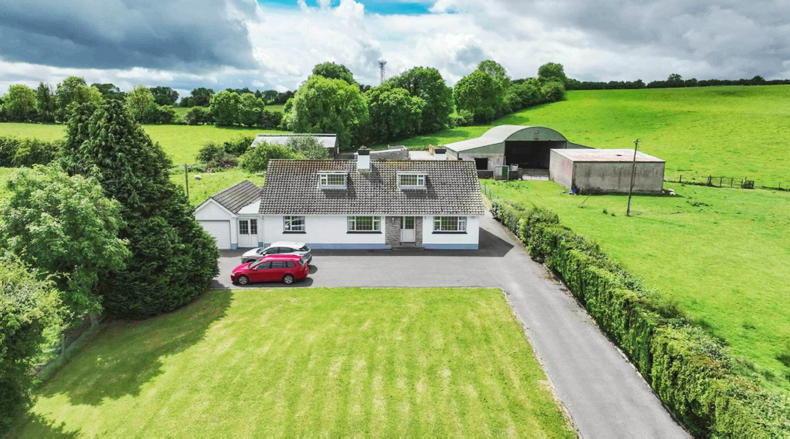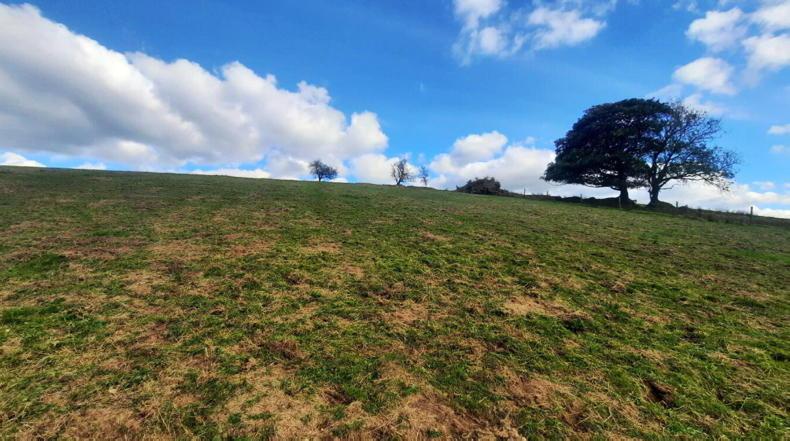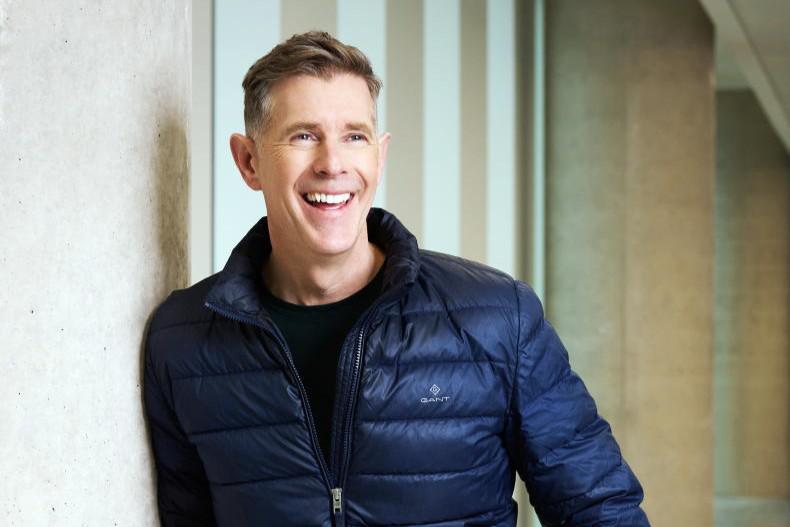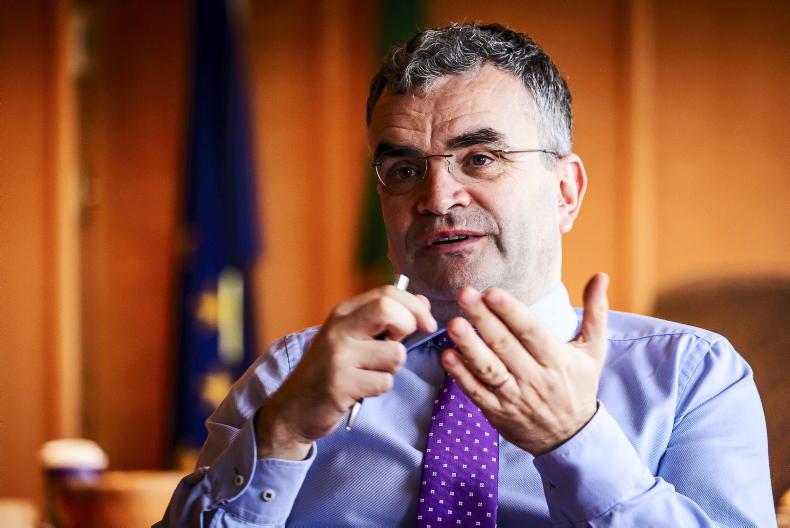Olena Kuzhilna is one of the bravest women I know. One of the hundred thousand Ukrainians now living here, she wears her heart on her sleeve every day of the week – and for good reason. The Russian invasion of her homeland has taken its toll on her nerves as she worries about her family and friends all the time.
Bombing
Olena’s story is incredible. Now living in Roscommon, she was home for a short time at Christmas and barely escaped the bombing of a nearby building. Her face twists into a knot as she describes running away with her friends as far and as fast as they humanly could from the shuddering noise, the collapsing concrete and the surrounding devastation. On her native soil, there are no places to hide from the violence, and that’s why she lives here.
I first realised last summer the nightmare Olena was living over and over in her head when she described the traumatic effect of Russians targeting crucial infrastructure by destroying a giant dam
in the Kherson region near her mother’s home.
She was petrified her family would drown after 14 settlements with a population of about 16,000 people were flooded on the right bank of the River Dnieper, as well as another 14 with a population of about 22,000 on the left bank.
At least 10 died immediately, but what worried Olena was that, in the aftermath, her mother and many others were effectively trapped in the attics of their homes, watching the water levels rise all the time. It was akin to being in a grave, she said, and somebody pouring the soil on top of you every 10 minutes with the ultimate fear of being buried alive – a shocking image which stayed with me afterwards.
I tried to empathise with Olena’s words by telling her (foolishly) about my own experience of flooding in this country. In 25 years covering the River Shannon hinterland for RTÉ News, I had seen dozens of families evacuated, properties destroyed and families broken up. But as Olena continued with the account of her friend Anya still living in Ukraine, I became increasingly conscious that there really is no comparison between the two stories – such was the utter terror in her voice.
At least 10 died immediately, but what worried Olena was that, in the aftermath, her mother and many others were effectively trapped in the attics of their homes, watching the water levels rise all the time
Devastating
The destruction of the dam was a devastating event. The water appeared on the street at Anya’s house on the first evening after the dam was blown up. Her mother moved food, drinking water, documents, three dogs and two cats to the roof of their house. Anya urged her parents to spend the night in the attic but in the morning, the water was up to her father’s chest on the street.
A boat arrived to evacuate them but it quickly got swept away by the torrential flow. They finally fled by foot through the floods to safety. As they retreated, the walls inside the house began to collapse, there was no light or electricity, and almost everything earned over a lifetime of hard work had been destroyed.
Destroyed
At this point in our conversation, Olena was close to tears once more. A strong woman with excellent powers of communication, she gestured towards the heavens with anger and cursed her country’s attackers. She talked of trying to get all her family to Ireland and the scarcity of space here after the first hundred thousand refugees had arrived.
“We don’t want to leave our native land but the Russians have destroyed it,” she said. “We want to go home to our families as soon as we can but it is not safe. What can we do?”
The next time somebody tells you we have no more room in this country for refugees, perhaps you might tell them Olena’s story. I know better than most about the huge problems being caused in terms of the pressures on local services in some areas by the arrival of so many refugees.
I have written already here in this column about the GP shortage issue. But remember one thing – the bravest and the best now live among us.
Read more
Meet the Maker: ceramist Vivien O'Malley
Gardening with Gerry: taking the leap to grow vegetables
Olena Kuzhilna is one of the bravest women I know. One of the hundred thousand Ukrainians now living here, she wears her heart on her sleeve every day of the week – and for good reason. The Russian invasion of her homeland has taken its toll on her nerves as she worries about her family and friends all the time.
Bombing
Olena’s story is incredible. Now living in Roscommon, she was home for a short time at Christmas and barely escaped the bombing of a nearby building. Her face twists into a knot as she describes running away with her friends as far and as fast as they humanly could from the shuddering noise, the collapsing concrete and the surrounding devastation. On her native soil, there are no places to hide from the violence, and that’s why she lives here.
I first realised last summer the nightmare Olena was living over and over in her head when she described the traumatic effect of Russians targeting crucial infrastructure by destroying a giant dam
in the Kherson region near her mother’s home.
She was petrified her family would drown after 14 settlements with a population of about 16,000 people were flooded on the right bank of the River Dnieper, as well as another 14 with a population of about 22,000 on the left bank.
At least 10 died immediately, but what worried Olena was that, in the aftermath, her mother and many others were effectively trapped in the attics of their homes, watching the water levels rise all the time. It was akin to being in a grave, she said, and somebody pouring the soil on top of you every 10 minutes with the ultimate fear of being buried alive – a shocking image which stayed with me afterwards.
I tried to empathise with Olena’s words by telling her (foolishly) about my own experience of flooding in this country. In 25 years covering the River Shannon hinterland for RTÉ News, I had seen dozens of families evacuated, properties destroyed and families broken up. But as Olena continued with the account of her friend Anya still living in Ukraine, I became increasingly conscious that there really is no comparison between the two stories – such was the utter terror in her voice.
At least 10 died immediately, but what worried Olena was that, in the aftermath, her mother and many others were effectively trapped in the attics of their homes, watching the water levels rise all the time
Devastating
The destruction of the dam was a devastating event. The water appeared on the street at Anya’s house on the first evening after the dam was blown up. Her mother moved food, drinking water, documents, three dogs and two cats to the roof of their house. Anya urged her parents to spend the night in the attic but in the morning, the water was up to her father’s chest on the street.
A boat arrived to evacuate them but it quickly got swept away by the torrential flow. They finally fled by foot through the floods to safety. As they retreated, the walls inside the house began to collapse, there was no light or electricity, and almost everything earned over a lifetime of hard work had been destroyed.
Destroyed
At this point in our conversation, Olena was close to tears once more. A strong woman with excellent powers of communication, she gestured towards the heavens with anger and cursed her country’s attackers. She talked of trying to get all her family to Ireland and the scarcity of space here after the first hundred thousand refugees had arrived.
“We don’t want to leave our native land but the Russians have destroyed it,” she said. “We want to go home to our families as soon as we can but it is not safe. What can we do?”
The next time somebody tells you we have no more room in this country for refugees, perhaps you might tell them Olena’s story. I know better than most about the huge problems being caused in terms of the pressures on local services in some areas by the arrival of so many refugees.
I have written already here in this column about the GP shortage issue. But remember one thing – the bravest and the best now live among us.
Read more
Meet the Maker: ceramist Vivien O'Malley
Gardening with Gerry: taking the leap to grow vegetables









SHARING OPTIONS